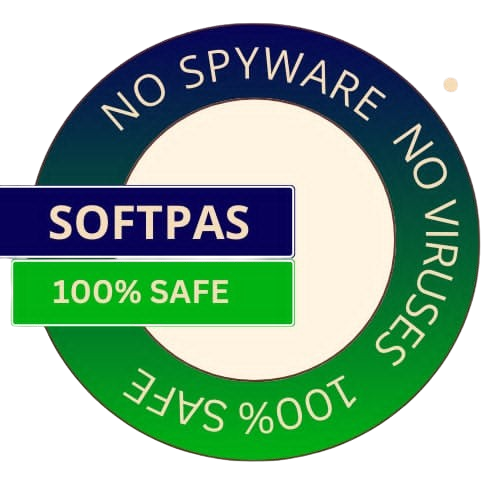
Get the best deals on your favorite games
So, let’s chat about OSSLScan. It’s a handy tool that helps keep your computer safe when you’re using networks. You might have heard of OpenSSL, right? Well, recently, there were some news about two vulnerabilities in OpenSSL that could be a bit of a problem if not taken care of. These issues are called buffer overflows, and they can be exploited under certain situations.
If you’re feeling uneasy about possible security breaches or just want to make sure your system is all good, then running a full scan with OSSLScan is a smart choice. It’s super easy to use! Just download it, unzip the file, pick the right version for your computer, and run it. Then sit back and wait for the results!
This tool does a thorough drive scan to find any sneaky vulnerabilities like CVE-2022-3786 and CVE-2022-3602 that might be hiding in various file formats like WAR, EAR, ZIP, or JAR files. Pretty cool, right?
The developers suggest using the command OSSLScan.exe /scan /report_sig if you want to focus on specific assets during your scans. Once it's done scanning, the tool will show you everything it found right in the console.
Even though there have been updates recently for OpenSSL, experts say those bugs are still around in version 3.0. So make sure to check your system and update to version 3.0.7 as soon as possible! The older version 1.1.1 should be safe though.
You might not have directly installed OpenSSL on your PC but remember that some other apps can sneak their own versions in without you knowing! To keep your system and network protected at all times, using OSSLScan is definitely worth considering.
Go to the Softpas website, press the 'Downloads' button, and pick the app you want to download and install—easy and fast!

SoftPas is your platform for the latest software and technology news, reviews, and guides. Stay up to date with cutting-edge trends in tech and software development.
Subscribe to newsletter
© Copyright 2024, SoftPas, All Rights Reserved.